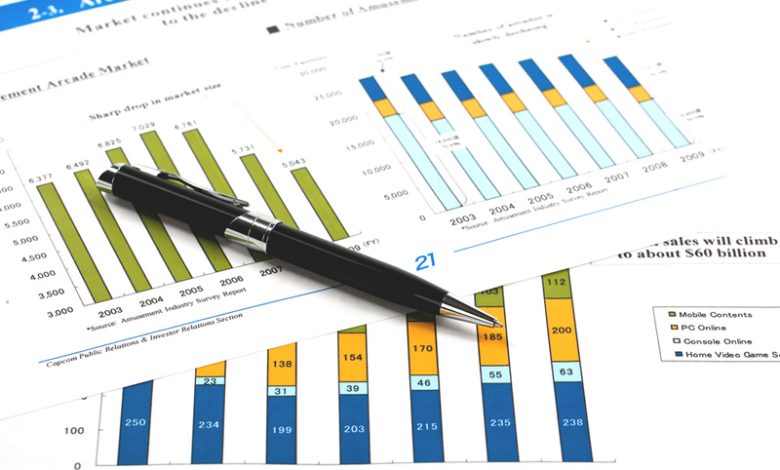
Fed’s Actions Speak Louder Than Words in Inflation Battle, Research Indicates
By Howard Schneider
JACKSON HOLE, Wyoming – The Federal Reserve’s credibility regarding inflation control has played a significant role in its efforts against rising prices over the past two years. However, this credibility had to be re-established through interest rate increases that reinforced policymakers’ verbal commitments to restoring price stability, as highlighted in recent research presented at the Kansas City Fed’s annual conference in Jackson Hole.
A strong belief in the central bank’s dedication to controlling inflation can enhance the effectiveness of monetary policy, enabling markets to adjust financial conditions more swiftly and reducing inflation without severely impacting economic growth.
The research indicated that while investors eventually recognized the seriousness of the U.S. central bank, led by Chair Jerome Powell, in adhering to its 2% inflation target, this belief developed gradually. It coincided with the Fed’s decision to start raising the policy interest rate in March 2022 and accelerating those hikes throughout the summer.
According to economists Michael Bauer, Carolin Pflueger, and Adi Sunderam, "Forecasters and markets were highly uncertain about the monetary policy framework prior to ‘liftoff’ and learned about it from the Fed’s rate hikes." They noted that significant rate increases were crucial for changing public perceptions, as prior to the hikes, the public had limited understanding of the Fed’s strategy.
This research serves as a cautionary reminder against relying excessively on the efficacy of verbal communications alone in influencing economic outcomes.
EARNING PUBLIC TRUST
In recent years, the Fed has issued numerous speeches and public remarks from its officials, grounded in the belief that increased transparency enhances accountability and efficacy. Throughout the battle against inflation, Fed officials stressed that public confidence in their commitment to the inflation target would aid in reducing the rate of price increases, speeding up the effect of tighter monetary policy, and mitigating inflation’s impact on the job market and the broader economy.
However, the research demonstrated that the public’s trust in the Fed was not automatic. Survey data showed that despite rising prices in 2021, expectations about the Fed’s response to inflation remained low.
Although this could be attributed to various factors, including assumptions that inflation would stabilize on its own, the researchers concluded that it stemmed from genuine uncertainty regarding the Fed’s likely actions. Following the initial rate hike in March 2022, expectations changed, with forecasters beginning to anticipate a near one-to-one response from the Fed to increased inflation.
This shift in expectations aligned with the Fed’s transition from an initial quarter-point hike to four consecutive 75-basis-point increases starting in June 2022, alongside a decisive address by Powell during that year’s conference where he reaffirmed his commitment to the inflation target, regardless of potential economic repercussions.
As the market’s perceptions of the Fed’s inflation response grew, the research found that "interest rates became significantly more sensitive to inflation data surprises." This heightened sensitivity likely facilitated the effectiveness of monetary policy in the real economy and improved the Fed’s balance between inflation and unemployment.
For future policymakers, the key takeaway from this research is that actions matter more than words. The findings suggest that rate changes are not only vital for influencing current financial conditions but also for conveying the seriousness of policymakers’ intentions. Furthermore, the researchers proposed that the Fed could improve its quarterly economic projections to clarify its reaction to inflation, thereby enhancing communication effectiveness.
 GOOGL
GOOGL  META
META 


